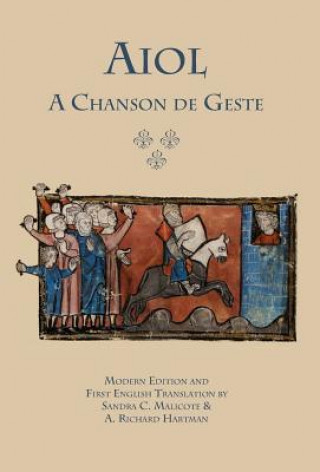
Kód: 08764719
Aiol
Autor Anonymous
This chanson de geste records the exploits of the young knight, Aiol, as he reclaims his father's and mother's unjustly stolen heritage. He gains the love of a Saracen princess who converts when she is convinced by Aiol's warrior' ... celý popis
- Jazyk:
 Angličtina
Angličtina - Vazba: Pevná
- Počet stran: 650
Nakladatelství: Italica Press, 2014
- Více informací o knize

Mohlo by se vám také líbit
-

Journal of a Voyage round the World, in His Majesty's Ship Endeavour
965 Kč -
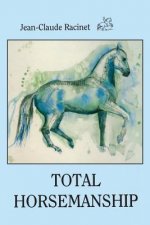
Total Horsemanship
827 Kč -

ETF Book, Updated Edition - All You Need to Know About Exchange-Traded Funds
726 Kč -
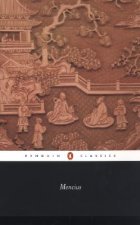
Mencius
395 Kč -

Androgenetic Alopecia
1665 Kč -
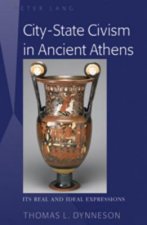
City-State Civism in Ancient Athens
3456 Kč -

Rising Of The Shield Hero Volume 06: The Manga Companion
266 Kč
Dárkový poukaz: Radost zaručena
- Darujte poukaz v libovolné hodnotě a my se postaráme o zbytek.
- Poukaz se vztahuje na celou naši nabídku.
- Elektronický poukaz vytisknete z e-mailu a můžete ihned darovat.
- Platnost poukazu je 12 měsíců od data vystavení.
Více informací o knize Aiol
Nákupem získáte 153 bodů
 Anotace knihy
Anotace knihy
This chanson de geste records the exploits of the young knight, Aiol, as he reclaims his father's and mother's unjustly stolen heritage. He gains the love of a Saracen princess who converts when she is convinced by Aiol's warrior's prowess of the truth of the Christian god. He then aids the French King Louis in ending a debilitating war led by rebellious vassals and (in an allusion to the Fourth Crusade) similarly helps Emperor Grasien, the king of Venice, to end his own war against an enemy to the East. Aiol's deeds ultimately bring justice to the kingdom of France. "Aiol" also artfully recreates both the Christian culture of the West and the Islamic culture of the Levant. Poets writing in medieval French created richly textured literary metaphors or fictions about both the Christian and Muslim world, and they were themselves well aware that even though they were treating historically-based materials, they were also fabricating fictions and fictive truths, tropes and figures as literary art. Aiol's literary allusions suggest a sophistication on the part of the chanson's authors, who wrote for courts that knew well and first-hand the Muslim world. By the time of Aiol's composition there had long been fruitful cultural, trade - as well as military - interaction between the "two worlds." Islamic scholars were respected in intellectual circles in the 12th and 14th centuries, and translators briskly adapted works of Arabic science and medicine for the readers of Latin Europe. Around 80 written Old French epics are known from surviving 13th-century manuscripts. These were preserved and passed down by the aristocratic families who had commissioned them and financed their preparation. These poems, often called genealogical epics, served a number of purposes, from entertainment at important courtly occasions, such as marriages and investitures, to edification and instruction in the vernacular of the courtly world. Excerpts of these "songs of deeds" or "chansons de geste" were also publicly sung after Sunday Masses for the entertainment and instruction of the ordinary people. The institutions of the monarchy, social class, marriage and the family are explored and developed in a poetic enterprise that gave life to what might otherwise have become an academic debate. Dialectical argument structures the entire work into a richly instructive, psychologically compelling and socially pleasing whole. Taken together with "Elye of Saint Gilles," "Aiol" has become known as the geste de Saint Gilles, because both poems relate events in the lives of Julien of Saint Gilles, a literary epic hero first found in "Le Couronnement de Louis," and Julien's son, Elye and Elye's son, Aiol. The two poems are preserved in only one manuscript, the richly decorated and ornamented BNFfr 25516. It has been proposed that this geste was presented at the Parisian court of King Philip Augustus upon the occasion of the lavish, festive wedding in 1212 of Jeanne of Constantinople, countess of Flanders, to Ferrand of Portugal. Jeanne was the daughter of Count Baldwin of Flanders and Hainaut, who had, during the Fourth Crusade, been elected emperor of the Latin Empire at Constantinople. Hartman and Malicote's edition and translation is based on manuscript BNFfr 25516 and on the critical editions of W. Foerster and of J. Normand and G. Raynaud. As with their edition of "Elye of Saint Gilles," the editors have chosen simplicity and directness of approach. The translation remains faithful to the spirit and meaning of the Old French poem; creating a lively, interesting and engaging text that allows the reader to savor the rich intellectual and artistic context of the original. First English translation. Dual-Language Poetry. Introduction, notes, bibliography, and all eleven illustrations from the original Paris manuscript.
 Parametry knihy
Parametry knihy
Zařazení knihy Knihy v angličtině Literature & literary studies Poetry Poetry by individual poets
1532 Kč
- Plný název: Aiol
- Podnázev: A Chanson de Geste. Modern Edition and First English Translation
- Autor: Anonymous
- Jazyk:
 Angličtina
Angličtina - Vazba: Pevná
- Počet stran: 650
- EAN: 9781599102191
- ISBN: 9781599102191
- ID: 08764719
- Nakladatelství: Italica Press
- Hmotnost: 907 g
- Rozměry: 218 × 145 × 51 mm
- Datum vydání: 03. February 2014
Oblíbené z jiného soudku
-
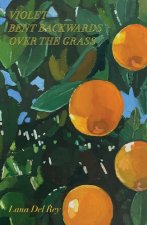
Violet Bent Backwards Over the Grass
463 Kč -

The Complete Poems of Emily Dickinson
586 Kč -
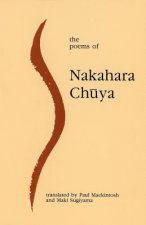
The Poems of Nakahara Chuya
384 Kč -

Pillow Thoughts
329 Kč -

Ariel
356 Kč -

Collected Poems
378 Kč -

One Second After
279 Kč -
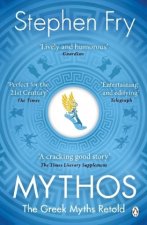
Mythos
169 Kč -

Complete Poems
463 Kč -

Collected Poems of Oscar Wilde
143 Kč -
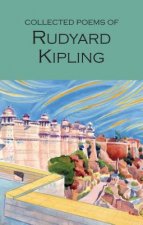
Collected Poems of Rudyard Kipling
148 Kč -

Devotions
688 Kč -

Basho: The Complete Haiku
618 Kč -

Haiku Handbook -25th Anniversary Edition, The: How To Write, Teach, And Appreciate Haiku
518 Kč -
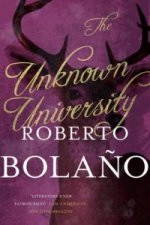
Unknown University
621 Kč -

Naked Human
619 Kč -

Dream Girl
377 Kč -
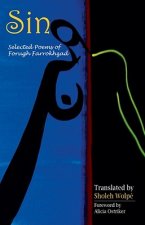
Sin
670 Kč -
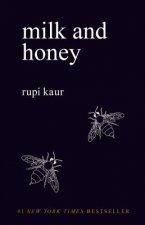
Milk and Honey
272 Kč -

The Sun and Her Flowers
378 Kč -
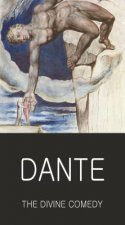
The Divine Comedy
143 Kč -

My Life Had Stood a Loaded Gun
92 Kč -

The Night is Darkening Round Me
90 Kč -

Love That Moves the Sun and Other Stars
90 Kč -

Ariel
227 Kč -

Devotions : The Selected Poems of Mary Oliver
476 Kč -

The Selected Poems of William Blake
143 Kč -

Circles of Hell
90 Kč -

Love is a Dog From Hell
303 Kč -

Crush
381 Kč -

The Complete Tales and Poems of Edgar Allan Poe
1121 Kč -

Selected Poems of Emily Dickinson
143 Kč -
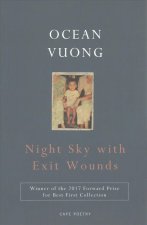
Night Sky with Exit Wounds
356 Kč -

The Complete Poems of Walt Whitman
143 Kč -
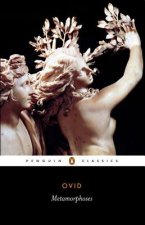
Metamorphoses
276 Kč -
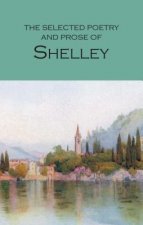
Selected Poetry & Prose of Shelley
134 Kč -
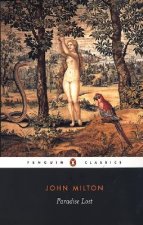
Paradise Lost
276 Kč -

Ariel
389 Kč -

The Collected Poems of William Wordsworth
143 Kč -

Wilderness
452 Kč -

Prophet
303 Kč -

The Moon
327 Kč -

Burning in Water, Drowning in Flame
276 Kč -

You Get So Alone at Times
276 Kč -

The Complete Poems
543 Kč -

Nectar of Pain
329 Kč -

The Complete Poems of John Keats
143 Kč -
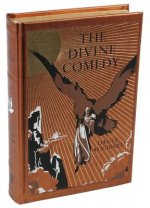
Divine Comedy
522 Kč -
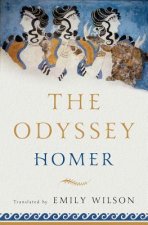
Odyssey
955 Kč
Osobní odběr Praha, Brno a 12903 dalších
Copyright ©2008-24 nejlevnejsi-knihy.cz Všechna práva vyhrazenaSoukromíCookies



 Vrácení do měsíce
Vrácení do měsíce 571 999 099 (8-15.30h)
571 999 099 (8-15.30h)